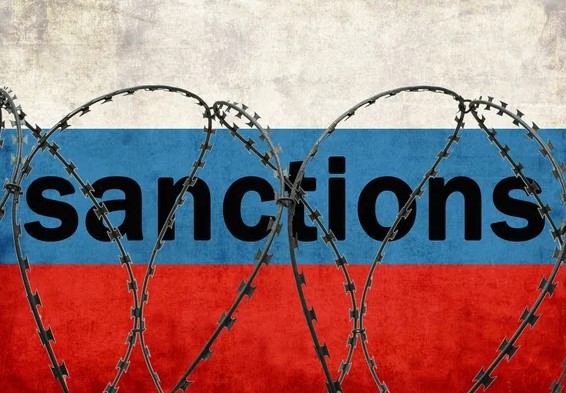The US has imposed the most extensive sanctions against Iran in seven years.

The US Treasury Department has imposed the largest sanctions against Iran in seven years, reportsBLOOMBERG .
Among those targeted were major oil trader Hossein Shamkhani, whose father is a senior adviser to Iran's Supreme Leader Ayatollah Ali Khamenei, and several of his companies, including Dubai-based Milavous Group Ltd., Ocean Leonid Investments Ltd., and Crios Shipping.
The US sanctions came a week after the EU imposed restrictions on the trader and several of his companies. According to US authorities, Shamkhani used the influence of his father, Ali Shamkhani, to create an international shipping network for transporting oil and petroleum products around the world, in part through shell companies.
"These actions put America first because they target the regime's elite who profit while Tehran threatens the security of the United States," said Treasury Secretary Scott Bessent.
Deputy Treasury Secretary Michael Faulkender explained that the Donald Trump administration is seeking to reduce Iranian oil exports .
"Our goal is to limit Iran's main source of income, put pressure on the regime to end its nuclear threat, dismantle its ballistic missile program, and stop supporting terrorist groups," he explained.
US authorities do not expect sanctions to cause any disruption to global oil markets. According to officials, most of the crude oil sold by the Shamkhani network is shipped to China .
In June, the US struck Iranian nuclear facilities in Fordow, Isfahan, and Natanz, igniting a conflict between Israel and Iran. Tehran retaliated by striking the US military base at Al Udeid in Qatar.
The United States is demanding that the Islamic Republic stop enriching uranium. Trump's special envoy to the Middle East, SteveWitkoff reported that Washington is seeking a "comprehensive peace agreement." In July, Iranian Foreign Minister Abbas Araghchi did not rule out resuming nuclear talks with the United States in the future. "Everything depends on whether the United States is willing to engage with Iran on an equal footing, based on mutual respect, and shared interests," Araghchi stated.
ReadPIONERPRODUKT .by inTELEGRAM .



























































